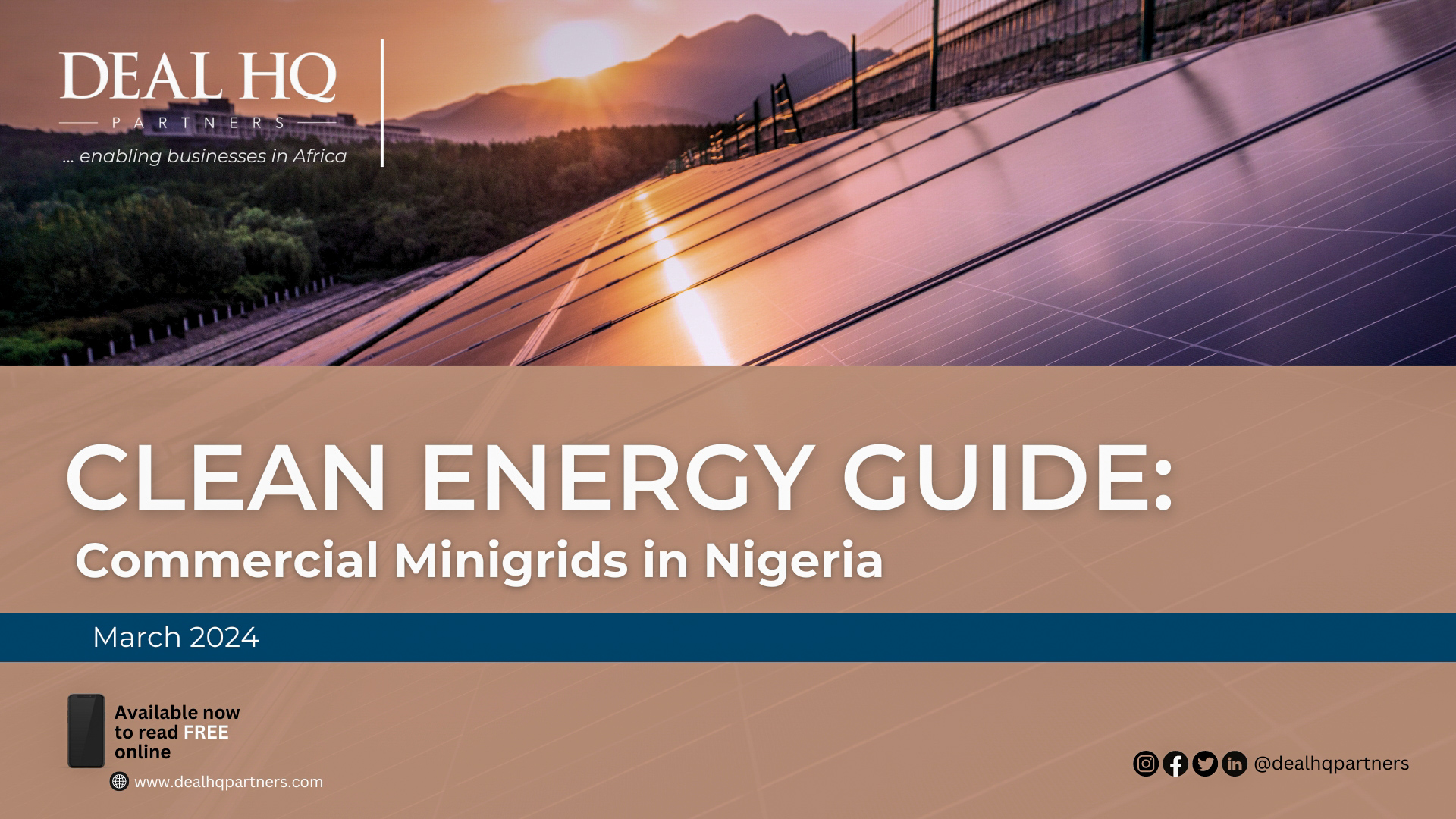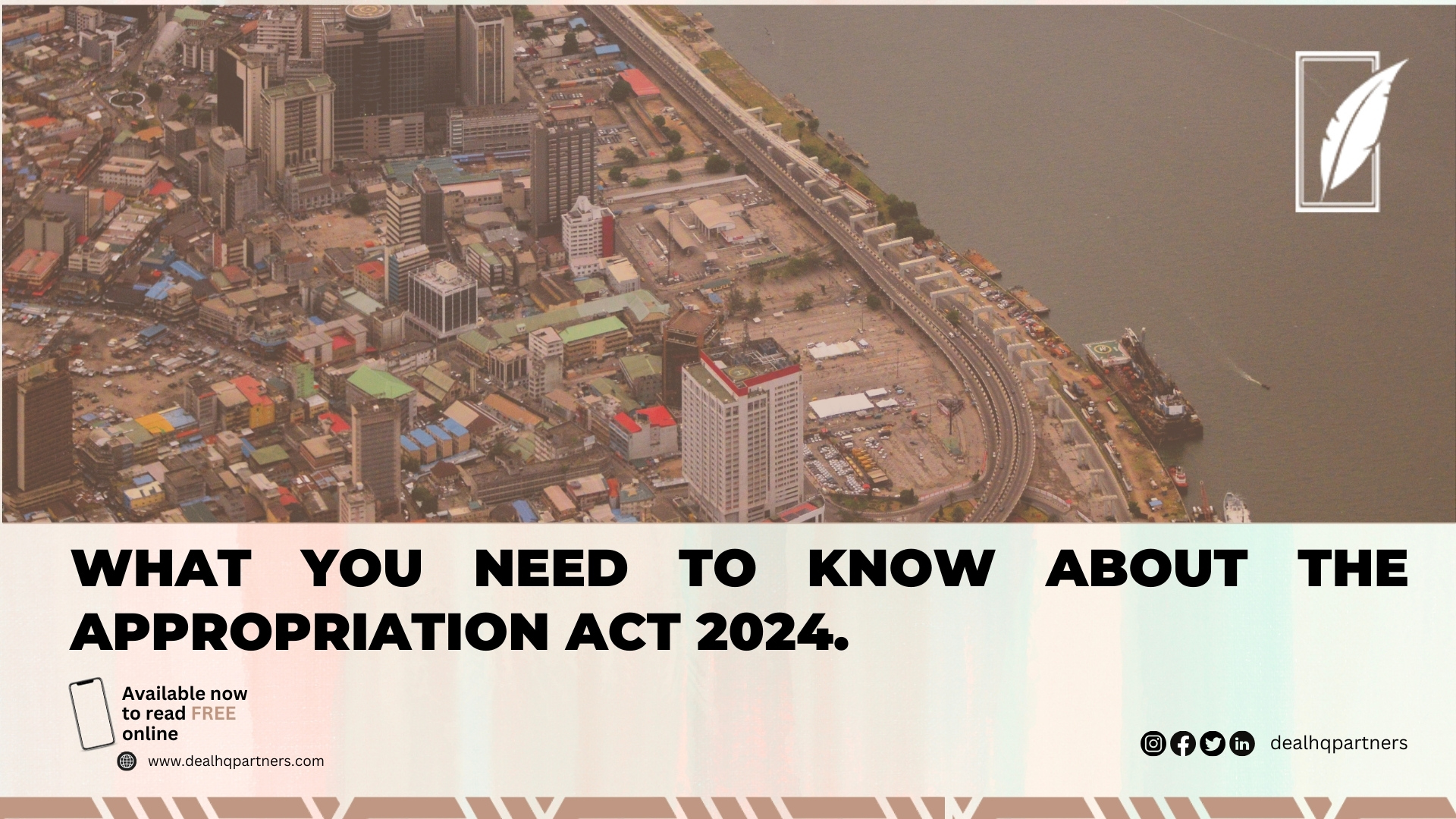
Introduction
The global energy transition is a critical but ambitious shift in the global energy landscape, seeking cleaner and more sustainable alternatives to traditional fossil fuel sources, which have successfully powered technological advancement and large-scale industrialization across the world. At its core, clean energy refers to energy derived from renewable resources that have minimal impact on the environment such as solar, wind, hydroelectric, and biomass energy, which harness the power of nature to generate electricity and power our modern world.
The need to transition to clean energy sources cannot be overstated, particularly in the face of mounting environmental challenges such as flood, extreme weather conditions, deforestation, desertification, eutrophication and severe air pollution, to mention a few. Unlike fossil fuels, which emit harmful greenhouse gases and contribute to climate destabilization, clean energy sources offer a path towards decarbonization and a more sustainable future. Transitioning to clean energy creates a clear path to mitigating the impacts of climate change, whilst reducing our continued reliance on finite resources.
Clean energy transition presents the opportunity for the World Economies to limit rising global temperatures through emission reduction, mitigate the adverse impacts of climate change, promote the well-being of individuals (particularly women and children), increase access to clean cooking, realise the UN Net-Zero target, and achieve affordable and reliable universal access to energy.
As spotlighted across the Guide, the transition to clean energy requires the collective efforts of all sectors of the global community in accelerating the adoption and expansion of renewable energy technologies. This collective effort is particularly needed in funding and regulatory support to ensure a proper balance of the interests of energy generators, consumers’ energy needs and the environment.
The energy gap, particularly pronounced in regions like Africa, underscores the urgent need for innovative approaches to bridge disparities in energy access. Renewable energy stands as the cornerstone of our transition towards sustainability. Harnessing the power of solar, wind, hydro, and other renewable sources not only provides clean and reliable electricity but also mitigates the adverse effects of climate change. The importance of renewable energy cannot be overstated—it is not only an essential tool for achieving carbon neutrality but also a catalyst for economic growth, job creation, and social development.
To access full guide, click DealHQ Clean Energy Guide to download guide.
About DealHQ
We are an Africa Focused deal advisory/boutique commercial law firm focused on supporting businesses and positioning them to operate efficiently within their market sphere. We are known for our quality service delivery which is focused on attention to detail, creativity, timely execution and client satisfaction.
Our service offering includes: corporate commercial, real estate & construction, finance, capital markets & derivatives, mergers and acquisitions, private equity, infrastructure, technovation and data privacy, agriculture & commodities, business formations & start up support amongst others.
The content of this Article is not intended to replace professional legal advice. It merely provides general information to the public on the subject matter. Should you wish to seek specialist legal advice on this or any other related subject, you may contact us.
You may contact our team on:
Email: info@dealhqpartners.com; clientservices@dealhqpartners.com
Telephone: +234 1 4536427 or +234 9087107575


